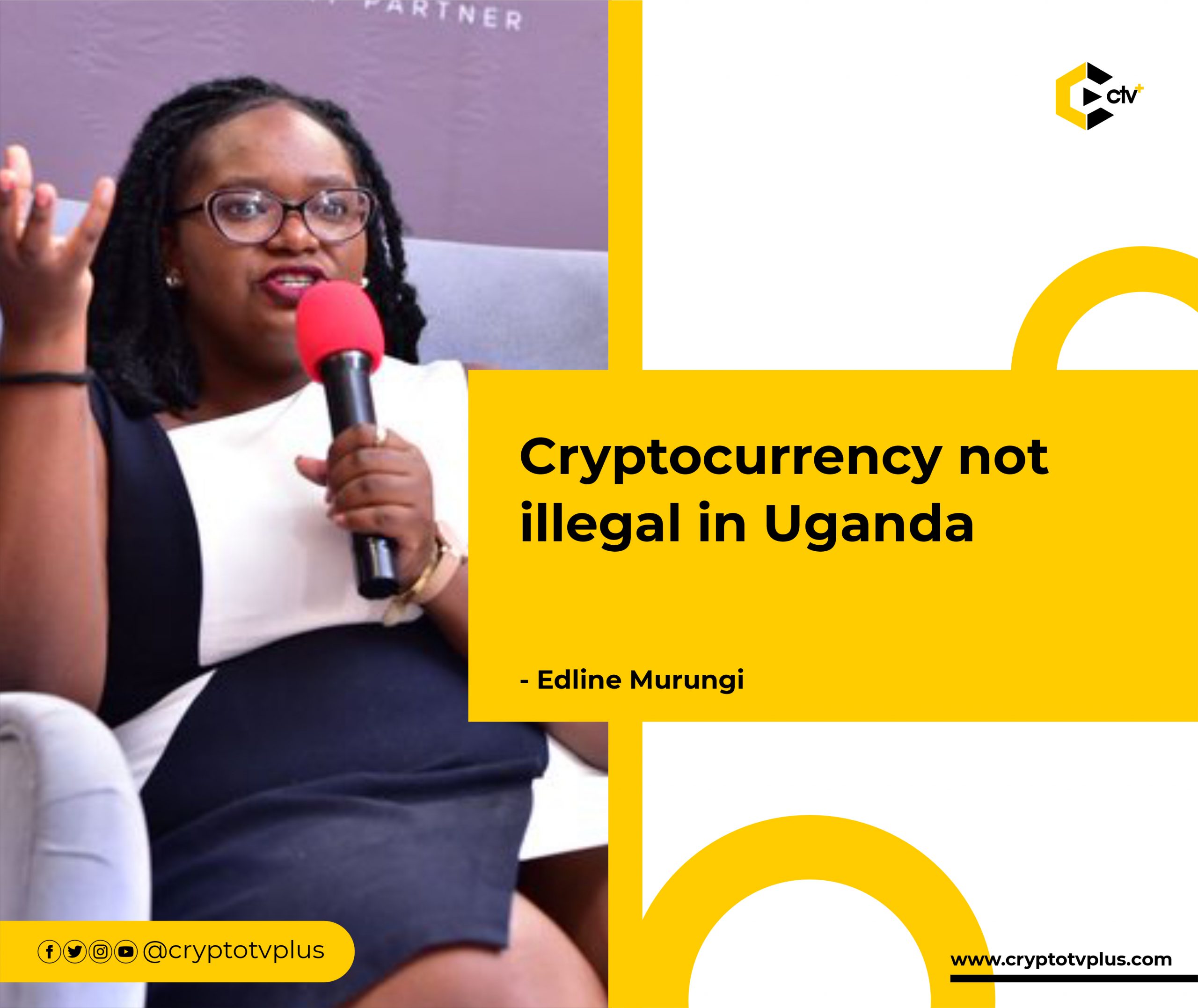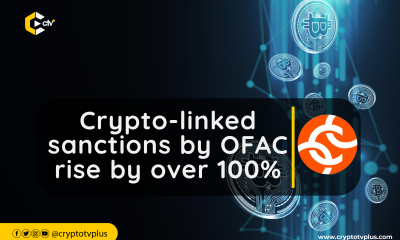News
Cryptocurrency not illegal in Uganda – Edline Murungi

The legality of cryptocurrencies has been a subject of debate across the world and in African nations where there are no clear policies and regulatory provisions to define the state of crypto.
In Uganda, there is huge confusion about the difference between blockchain and crypto. This was the response given by Edline Murungi, the Legal Counsel of Yellow Card Financial, to a question about Crypto adoption in Uganda.
Speaking at the Blockchain Innovation Program, Uganda, Edline explained that most citizens confuse blockchain, crypto, and bitcoin. This confusion has brought about these effects:
- People don’t realize that blockchain is the underlying technology on which cryptocurrencies are built
- People are not aware that cryptocurrency is just one use case of blockchain technology
Having proper education and awareness will help to clarify this confusion, making adoption easier.
Read this also:
Money follows value, CK Japheth speaks on startup funding in Uganda
Block Dojo to empower Ugandan entrepreneur with over £100,000
NFTs will empower rural communities in Uganda – David Gonahasa
Blockchain Innovation Program to train 50 Ugandan entrepreneurs
Soft laws control blockchain in Uganda
Another challenge to the adoption of blockchain and cryptocurrency in Uganda is the lack of formal regulations. Edline pointed out that similar to previous innovations like email and the internet, regulations are needed to provide a secure system for users, especially in Uganda.
For now, general laws of technology, which are universal, are what are allowed to control activities done with blockchain. In Uganda, “there is no particular law on the blockchain,” the Harvard Law graduate opined.
However, cryptocurrencies are not illegal as well. The Central Bank of Uganda, according to her, allows Ugandans to engage with cryptocurrencies but at their own risk.
While this is an issue, Edline mentioned two control measures that are in place to “regulate” the market of cryptocurrency, blockchain, and other virtual assets in Uganda:
- Anti-laundering law that makes virtual asset service providers accountable for the services they provide to the masses
- The presence of “Soft law” put in place by key players and stakeholders in the virtual asset and blockchain industries to check the activities of individuals and corporations
Edline believes that blockchain is a necessary tool that will help tackle land-related matters, improve efficiency for charity organizations with finances, and more. “If we could adopt these technologies,” she said, “as a country that struggles with fraud, and archaic systems, I think it would really be helpful.”
What do you think of this article? Share your comments below.























Pingback: Cryptocurrency not illegal in Uganda – Edline Murungi by Chuks Nnabuenyi Jr – CryptoTvplus Events: NFT, DeFi, Bitcoin, Ethereum, Altcoin Events
Pingback: Cryptocurrency not illegal in Uganda – Edline Murungi – CryptoTvplus
Pingback: See why Congress hasn't banned crypto | CryptoTvplus: DeFi, NFT, Bitcoin, Ethereum Altcoin, Cryptocurrency & Blockchain News, Interviews, Research, Shows